U.S. government tells Britain that using Huawei's parts for 5G is "nothing short of madness"
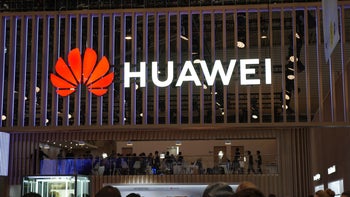
A delegation from the U.S. visited Britain yesterday in an attempt to convince the country not to allow Huawei networking equipment in their 5G networks. CNBC reports that the visitors from the states presented new evidence allegedly showing that if Britain decides to use Huawei's gear, intelligence sharing would be at risk. The visiting delegation reportedly told the U.K. that using Huawei's parts to build out its 5G network would be "nothing short of madness."
The U.S. considers the company to be a national security threat because the law in China says that the government can order Huawei to gather intelligence on its behalf. This has led to talk about backdoors being placed inside Huawei's devices and networking equipment that send information to Beijing. The company has repeatedly denied these allegations. Huawei is the largest supplier of networking equipment in the world and the Trump administration has been warning allies not to include the firm's gear in their new 5G networks. Some countries like Japan and Australia have heeded the warning while others, like Germany, have not.
The U.K.'s digital minister says that security is the government's top priority
British Prime Minister Boris Johnson told the BBC that critics of Huawei should have an alternative supplier of 5G networking equipment to recommend. At the same time, Johnson said that he didn't want to use equipment that would "prejudice our national security or ability to cooperate" with Britain's intelligence partners. U.K. digital minister, Max Warman stated that "The U.K. government’s top priority is always going to be the security of people in Britain. That will always be the overarching thing that underlines all of these decisions. At the same time our relationship with the U.S. is important and we’re going to make sure we consider this very carefully." Warman adds that the decision will be announced "in due course" by the prime minister in Parliament.
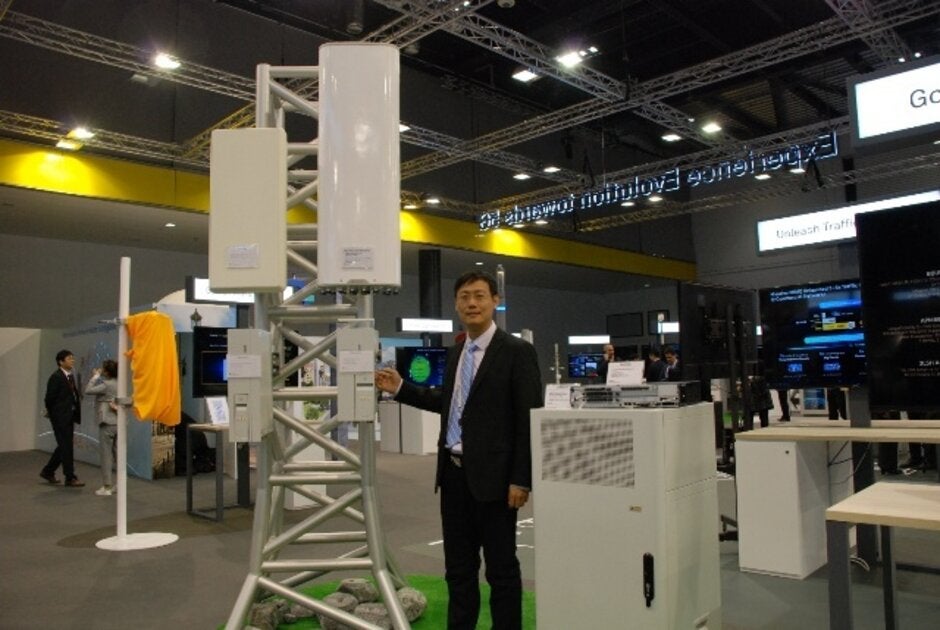
A Huawei 5G base station
Huawei's equipment is favored by many countries because it is considered to be more technologically advanced than rivals' gear, and is often less expensive. The company does get funding from China's state-run bank that allows it to offer favorable financing terms to customers. Huawei Vice President Victor Zhang said last week that he was "confident" that the U.K. would "make a decision based upon evidence, as opposed to unsubstantiated allegations." After yesterday's presentation, Mr. Zhang may wish that he never said those words.
5G is the next generation of wireless connectivity and delivers download data speeds as much as 10 times faster than 4G LTE. Sure, this will mean that an HD movie that takes minutes to load in 4G will take only seconds to download using 5G. But there is more to the story than just that. 5G will lead to the creation of new technologies and businesses and could spur an economic boom in those countries that can harness the faster data speeds.
Besides warning its allies about Huawei, the U.S. FCC recently voted unanimously to block purchases of networking gear from Huawei and ZTE by the Universal Service Fund (USF). Managed by the regulatory agency, the fund spends $8.5 billion annually on technology that provides rural and low-income Americans with access to the internet. The ban doesn't cover older 2G, 3G and 4G networks belonging to rural carriers that took advantage of Huawei's lower prices. However, the FCC is considering a rule that would require these small wireless providers to rip out Huawei and ZTE equipment from their networks. The FCC has asked these carriers for estimates on how much it would cost them to do this, but the agency believes that such a task might cost $1.89 billion over a two-year period. Huawei said back in November that it will sue in an effort to overturn the FCC's ban on purchasing Huawei equipment with USF funds.



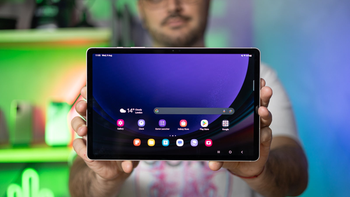
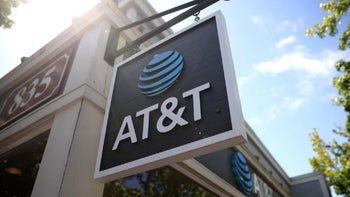

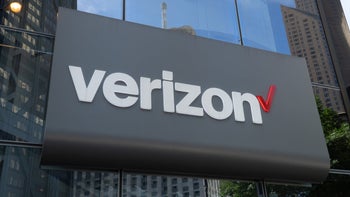

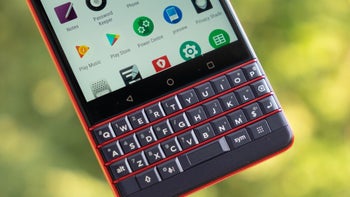
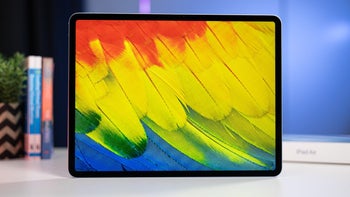


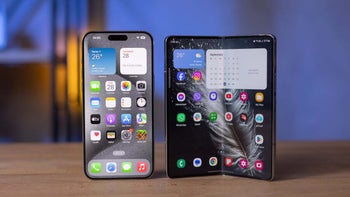
Things that are NOT allowed: